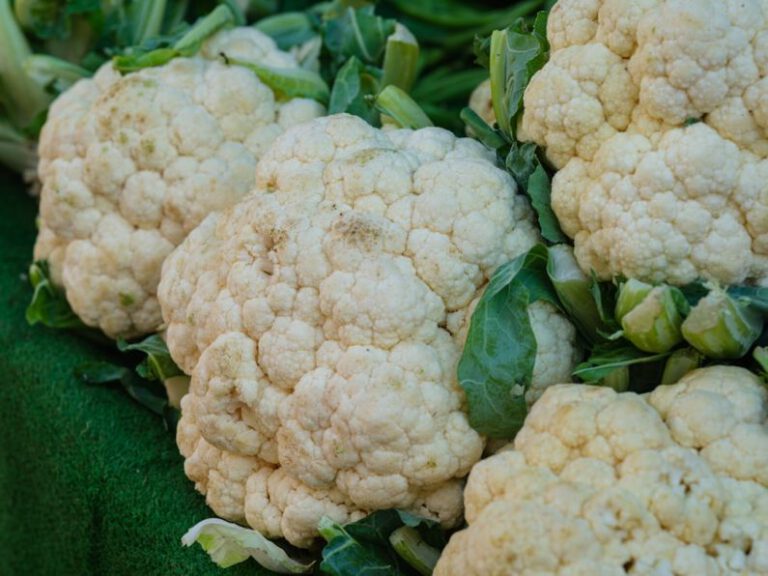Why Are Artisanal Products Worth the Extra Cost?
In a world where mass-produced items dominate the market, artisanal products offer a refreshing alternative. These handcrafted goods, often made by skilled individuals or small businesses, come with a higher price tag. But why are artisanal products worth the extra cost? Let’s explore the reasons behind the growing popularity and value of these unique creations.
Quality and Attention to Detail
One of the main reasons why artisanal products are worth the extra cost is the undeniable quality and attention to detail that goes into their creation. Unlike mass-produced items, which are often churned out in large quantities, artisanal products are meticulously crafted in small batches. Artisans take pride in their work and invest time and effort into ensuring that every piece meets their high standards.
From the choice of materials to the intricate designs, every aspect of an artisanal product is carefully considered. This level of craftsmanship results in products that are not only visually appealing but also built to last. Whether it’s a hand-stitched leather bag or a hand-blown glass vase, you can be confident that an artisanal product will stand the test of time.
Uniqueness and Exclusivity
Another compelling reason to invest in artisanal products is their uniqueness and exclusivity. Mass-produced items are designed to appeal to the widest possible audience, which often means sacrificing individuality. On the other hand, artisanal products are created with a personal touch, making each piece one-of-a-kind.
Artisans often draw inspiration from their surroundings, cultural heritage, or personal experiences, resulting in designs that reflect their distinct style and creativity. Owning an artisanal product means owning something that is truly special and different from what everyone else has. It allows you to express your individuality and stand out from the crowd.
Supporting Local Artisans and Communities
Choosing artisanal products also means supporting local artisans and communities. While mass production has its benefits, it often comes at the expense of small businesses and traditional craftsmanship. By purchasing artisanal products, you contribute to the preservation of age-old techniques and help sustain the livelihoods of skilled artisans.
When you buy an artisanal product, you are investing not only in the item itself but also in the story behind it. You are supporting the dreams, aspirations, and hard work of the artisans who pour their heart and soul into their creations. This connection between the maker and the consumer adds an extra layer of value and meaning to the product.
Environmental Sustainability
In recent years, there has been a growing awareness of the environmental impact of mass production. The use of cheap materials, exploitative labor practices, and excessive waste generation are some of the issues associated with mass-produced goods. Artisanal products, on the other hand, often prioritize sustainability and eco-friendliness.
Many artisans source their materials locally, reducing the carbon footprint associated with transportation. They also tend to favor natural and organic materials, avoiding harmful chemicals found in mass-produced items. Additionally, the handmade nature of artisanal products means less waste and fewer resources used during the production process.
In conclusion, artisanal products are worth the extra cost for several reasons. The quality and attention to detail that goes into their creation ensure their longevity and durability. The uniqueness and exclusivity of these items allow individuals to express their individuality and stand out from the crowd. By purchasing artisanal products, you support local artisans and communities, preserving traditional craftsmanship. Lastly, these products often prioritize environmental sustainability, making them a responsible choice for conscious consumers. So, next time you’re faced with the choice between a mass-produced item and an artisanal product, consider the added value and benefits that come with the latter.






